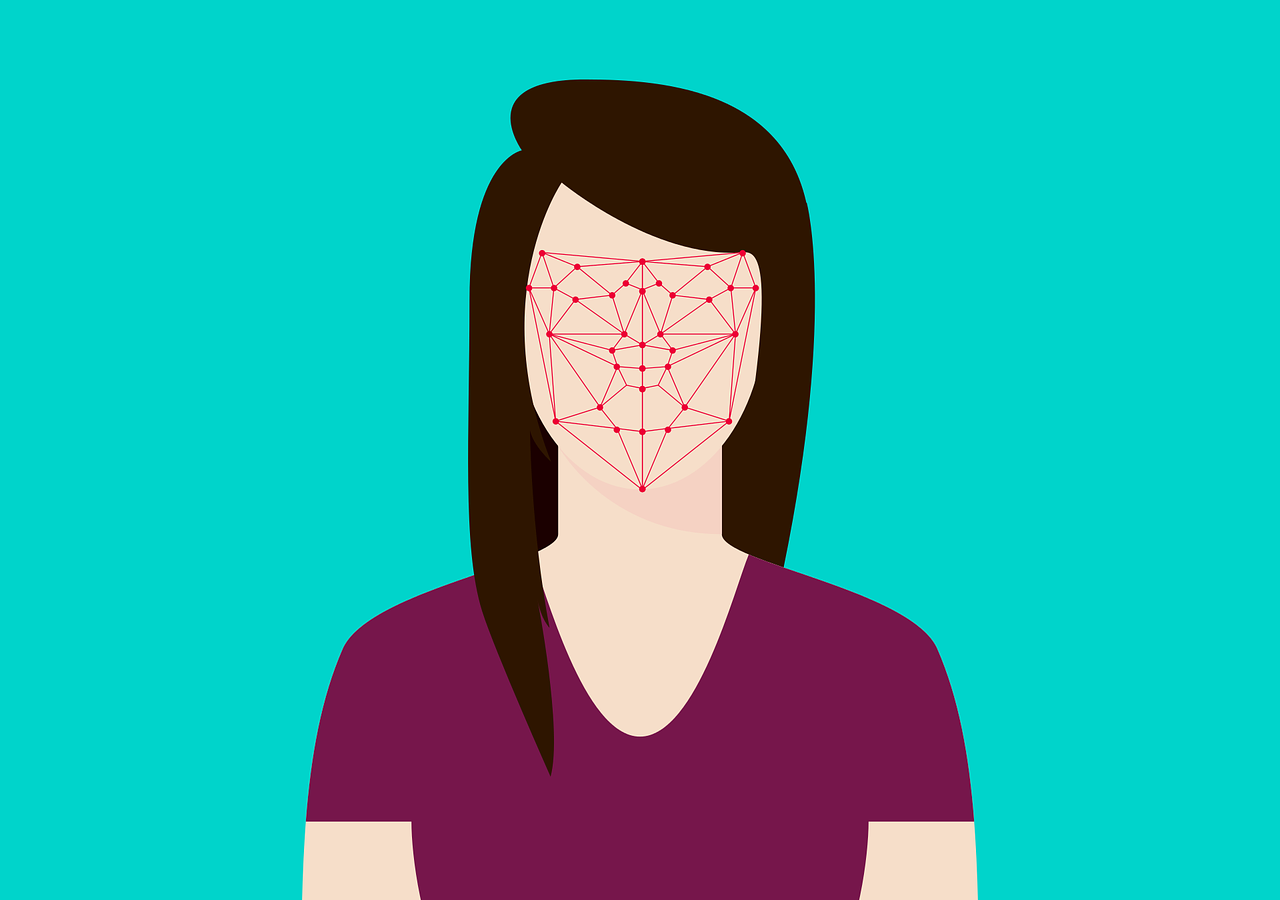
- Opinion
- 11 Feb 2022
- 1 min read
Addressing Constitutional Challenges in Use of Facial Recognition Technology by Indian Law Enforcement Agencies
This opinion was published in The Jurist on February 11, 2022.
About the Authors

Ameen was a Senior Resident Fellow at Vidhi, and led the Centre for Applied Law and Technology Research (ALTR). His interest and research focus lies in AI ethics, and the governance of AI. Within ALTR, he has been leading the team's collaborative research on data trusts, and artificial intelligence. Ameen has also worked on the intersection of technology and the justice system, as a senior fellow working on the JALDI mission's engagement with the Supreme Court of India's AI and E-Courts' committees. Ameen has a formal educational background in social research methods and evidence-based policy. He completed his master’s programme from the Institute of Education (University College London), focusing on the use of research evidence in policy processes, and was awarded an MSc. with an overall distinction. Before this, he completed his undergraduate legal studies from the W.B. National University of Juridical Sciences [B.A. LL.B. (Hons.)] in 2012. Prior to Vidhi, Ameen worked at J. Sagar Associates, in the firm’s regulatory and policy team. He has practised in the Supreme Court of India, the Delhi High Court, and numerous tribunals.

Jai is a Senior Resident Fellow at the Centre for Applied Law and Technology Research (ALTR) at Vidhi. Her work focuses on the economics of platforms and its implications for regulation. Jai has previously worked at IT for Change and the National Institute for Public Finance and Policy (NIPFP) in the areas of fintech, cryptocurrency, data commons, platforms and digital trade. Jai completed a Master of Public Policy from the University of Oxford.